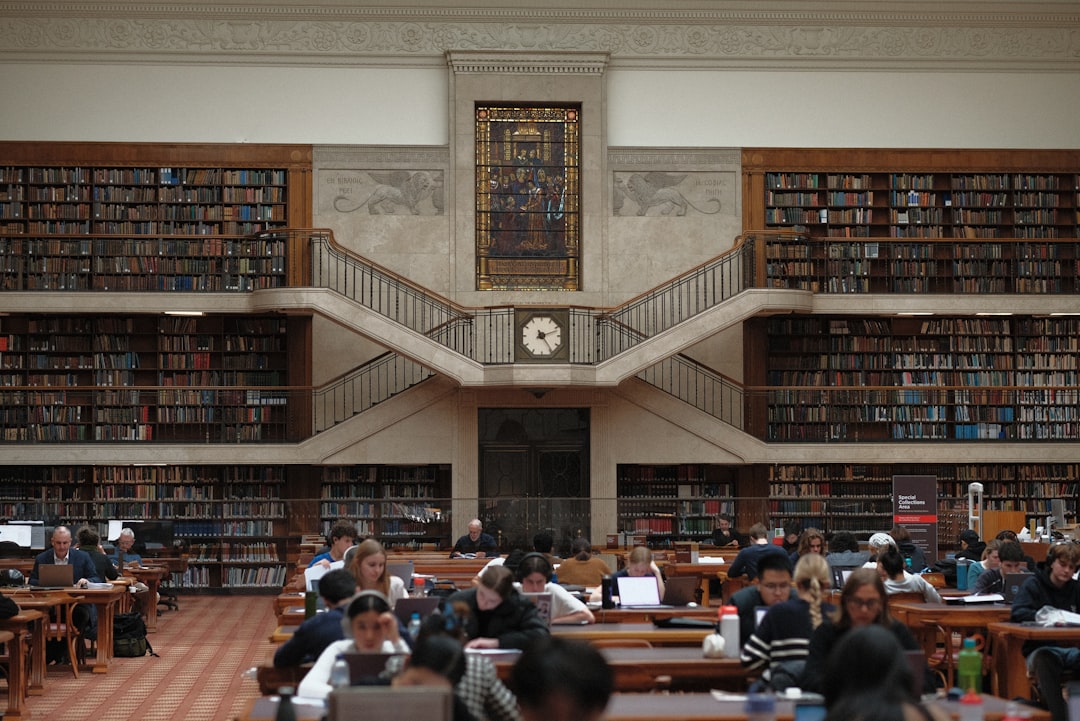When diving into the vast world of scholarly research online, especially through platforms such as Google Scholar, one may come across academic profiles that pique curiosity. One such name that has increasingly attracted attention is Siham Ouardi. For those browsing through the academic ecosystem of Islamic thought, gender studies, and contemporary Muslim societies, Siham Ouardi’s work provides both critical insight and depth. But who exactly is she, and why is her Google Scholar profile worth exploring?
An Academic Introduction: Who Is Siham Ouardi?
Table of Contents
Siham Ouardi is a Tunisian academic and intellectual who has garnered recognition for her bold and critical analyses of Islamic texts and traditions. Specializing in Islamic studies, literature, and intertextual interpretations of religious texts, her research stands out for its nuanced critique of religious orthodoxy grounded in scholarly rigor. She is not merely a scholar of religion but a thinker who challenges unquestioned narratives and dismantles entrenched theological dogmas, especially through a gender-conscious lens.
On Google Scholar, her profile showcases a growing body of publications that reflect her interdisciplinary approach—ranging from Qur’anic hermeneutics to cultural critique and political commentary. Whether you are a student, an academic, or just an intellectually curious individual, her work presents an enriching perspective on modern Islam in dialogue with tradition and reform.

Educational Background and Academic Affiliations
Though specific educational history might not always be detailed on Google Scholar, Siham Ouardi is known to be affiliated with academic institutions in Tunisia, particularly in the domain of comparative literature and Islamic civilization. Her interdisciplinary training enables her to engage with both classical Islamic texts and modern critical theory—a rare blend in Islamic scholarship today.
Her grounding in Arabic literature and comparative textual analysis shapes her approach to religious texts like the Qur’an and Hadith, which she examines not just as static religious doctrine but as dynamic historical artifacts open to re-interpretation. This methodology places her among a new wave of Muslim scholars advocating academic freedom, critical thinking, and reform from within Islamic thought.
Scholarly Contributions: Highlighted Works and Themes
Ouardi’s Google Scholar profile features citations from a range of her publications, many of which center on the following key themes:
- Critical study of Prophet Muhammad’s biography: In works like “Les derniers jours de Muhammad”, Ouardi takes a controversial yet deeply analytic approach to the Prophet’s final days, questioning canonical narrations with scholarly detachment.
- Hadith literature and its socio-political function: She scrutinizes hadith transmission through a historical-critical lens, exploring how these texts have been used to shape power dynamics in Islamic institutions.
- Women in Islam: Ouardi frequently addresses gendered interpretations of scripture, championing more equitable readings that challenge patriarchal structures encoded over centuries of male-dominated exegesis.
What makes her contributions unique is not only the content but the courage with which she delivers her interpretations—often facing pushback from conservative religious voices while gaining respect among reformist intellectuals.
Not Just a Scholar, but a Public Intellectual
Unlike many academics whose work remains confined to university circles, Siham Ouardi has extended her influence into public discourse. Her books and lectures are often featured in regional media and intellectual forums. She is considered a beacon of intellectual freedom and integrity in North Africa’s evolving academic landscape. Through various interviews and public commentaries, she encourages an open conversation about pressing issues in Muslim societies—including governance, individual rights, and the intersection of religion and politics.
Her ability to simplify complex theological arguments without compromising on accuracy makes her an important bridge between academic scholarship and the general public. She exemplifies what a modern scholar should be: fearless, intellectually rigorous, and socially engaged.
Google Scholar Metrics: A Quantitative Glimpse
For those familiar with how Google Scholar works, metrics such as citation count, h-index, and i10-index are standard indicators of academic impact. Siham Ouardi’s profile, though more modest than some internationally known academics, displays a dedicated readership and scholarly interest in her work—especially from researchers in Islamic Studies, gender theory, and postcolonial thought.
Notably:
- Citation Count: Reflects the mounting interest in her writings, particularly surrounding religious reform and gender analysis.
- h-Index: Indicates that her work is not only being read but is considered foundational enough to be referenced across multiple studies.
- Diverse Citations: Her work is cited both in French and Arabic academic circles, suggesting multicultural academic outreach.

A Voice for Reform and Renewal
One of the central pillars of Ouardi’s intellectual mission is to rethink Islamic traditions from within. She is not an outsider to the faith critiquing it from a distance; rather, she engages as a committed scholar who believes that religious texts, like any other historical documents, must be continuously re-evaluated in light of contemporary moral and intellectual standards.
She questions the sanctity attributed to certain interpretations, urging for a reading of the Quran and Hadith that foregrounds context, history, and ethical integrity. In doing so, she hopes to revitalize a sense of personal responsibility among Muslims for their own interpretive agency, moving away from reliance on institutional religious authorities.
Controversy and Praise: A Balanced Reputation
No influential scholar comes without detractors, and Siham Ouardi is no exception. Her critical exegesis of sacred texts and advocacy for reinterpretation have sparked both intense admiration and sharp criticism. Some conservative scholars accuse her of undermining religious authority, while reformists and secular academics laud her courage and precision.
Despite varying opinions, her academic integrity remains largely intact and respected. Her meticulous referencing, scholarly methodology, and well-argued positions underscore that her disagreements with orthodoxy are not based on whimsy but on deep engagement with Islamic texts and traditions.
Why You Should Check Her Out on Google Scholar
If you’re an aspiring researcher, theologian, or simply a citizen of the world interested in the intersections of religion, gender, and modernity, Siham Ouardi’s Google Scholar profile is a good starting point. Some of the key benefits of exploring her work include:
- Exposure to interdisciplinary approaches in understanding Islamic texts and traditions.
- Access to critical feminist perspectives on religious interpretations, challenging the status quo.
- Insight into contemporary debates on reform within Muslim-majority societies.
Conclusion: A Modern Thinker Rooted in Tradition
Siham Ouardi represents a compelling model of what 21st-century Islamic scholarship can look like—critical without being dismissive, reformist without being radical, and academic without being inaccessible. By examining her Google Scholar profile, readers are introduced to not just a list of publications, but a tapestry of thought that encourages questioning, analysis, and above all, hope for a more intellectually open Islamic discourse going forward.
In a world in which critical thought and intellectual bravery are increasingly essential, scholars like Siham Ouardi serve as an inspiration for both women and men seeking to navigate the complexities of faith, tradition, and modernization.

